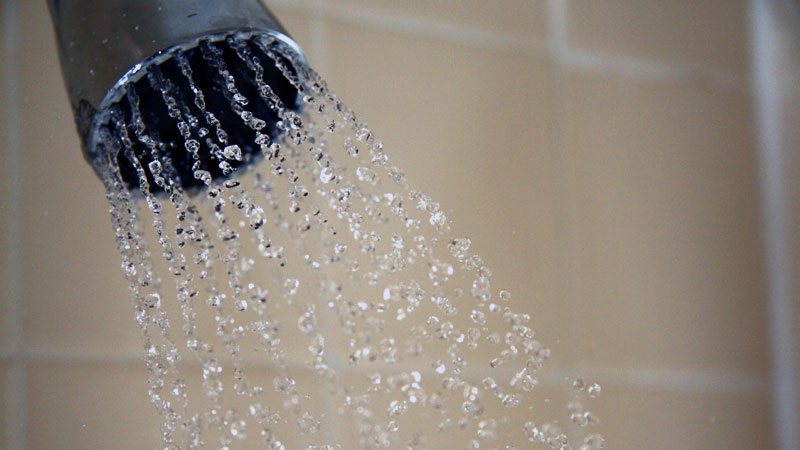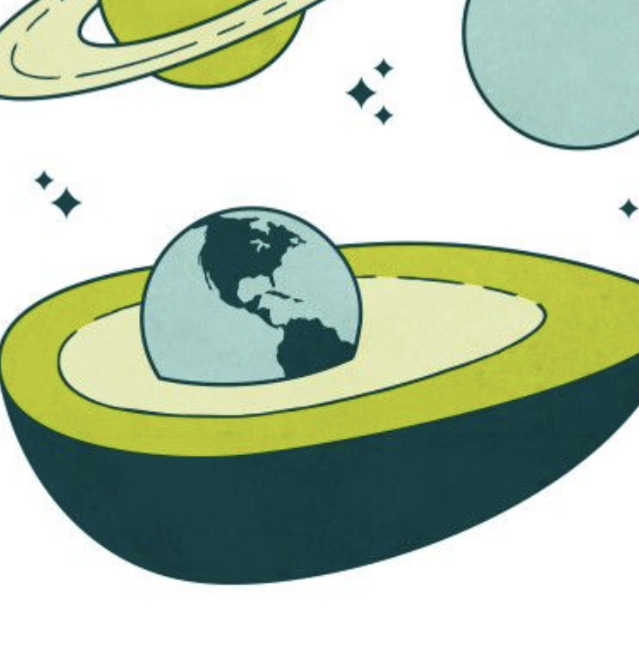I’m not Canadian but I’d never guess British Columbia would experience drought. Thought that place was wet af
water licensees, can we see how much corporations consumes vs regular household?
https://www150.statcan.gc.ca/n1/pub/12-581-x/2017001/sec-1-eng.htm
Blaming the individuals, how typical. It’s just like the drinking straws.
I understand this sentiment. I believe corporations are the main cause of all our ills.
However, by not using the straws, as a small first step, they don’t produce them anymore. Plastics (and other petroleum products) need to be phased out yesterday.
A few hundred million people not using them everyday absolutely does, cumulatively, make a difference.
Vote with your wallet, in short.
If the only things produced are poison, what then? If you are too poor to purchase, yet still victim of said poison, what then?I
Don’t utilities go back to household (Chart 2)?
Either way, we should probably reduce the prevalence of water-intensive lawns in suburban developments and switch to more water-friendly ground cover (or at least more water-useful ground cover like vegetables).
I’ve been getting rid of the lawn. Gravel and a few beds of draught-resistant plants in the front. Small garden in the back and the grass is being replaced with clovers etc which require less water or mowing and are more bee-friendly
Why not just use clovers all around? They’re so pretty.
I’ve started throwing down clover for the bees wherever my lawn gets bare, it makes way more sense. Keeping grass alive throughout the summer is a waste of time and water now.
Honestly people don’t even need to get rid of their lawns most of the time. Just don’t mow it so short, or so often. Don’t obsess over it. Let it grow. Let its roots grow. Allow some native perennials to fill the space in between, pluck the ones you don’t like, and see what survives. Be patient. It won’t be in a constant state of shock and it’ll hold water much better. Chances are it will be greener - even in a drought (isn’t that the type of situation where we all benefit from green space that is actually alive?) - and might not need to be manually watered at all.
I’ve been hearing lawnmowers in my neighborhood in Vancouver Island almost every day since the start of summer; as if there wasn’t a drought; as if the grass was still growing.
I don’t get it. Is it habit? A sense of duty?
Some parts of BC are rainforest, some are basically desert. It’s really big.
Coastal BC here - we get light to heavy rain for 6 months of the year now, then it dries up completely. If there isn’t enough snow in the mountains, the stream on our property runs dry.
We’ve been here a decade, and the time the stream runs dry has gone from late August to early June (last year was an exception and it ran until July). We’re expecting one of the ponds to go entirely dry this year.
Technically, we live in a rainforest.
Damn that’s crazy, and sad.
Are the “blond is beautiful” billboards still a thing in Nanaimo?
Many years ago, I visited Nanaimo and saw billboards showing dormant lawns with that slogan. According to my uncle, this was about water conservation and many neighbourhoods had “activist neighbours” who would sneak in and shut off water going onto lawns.




